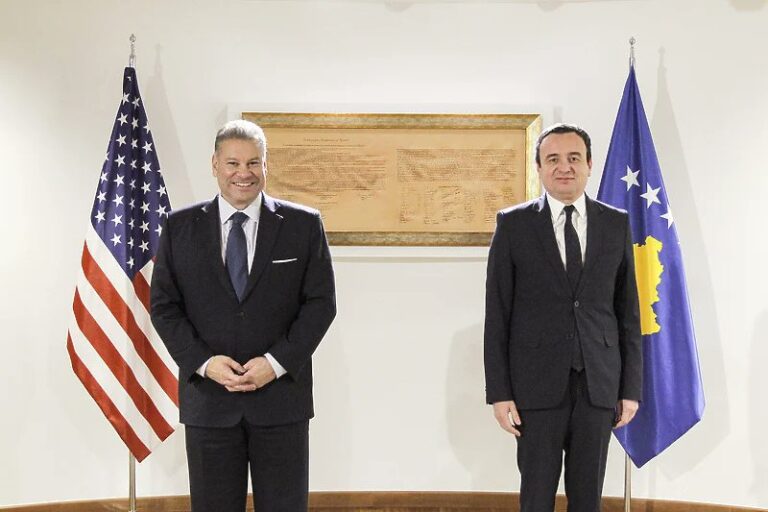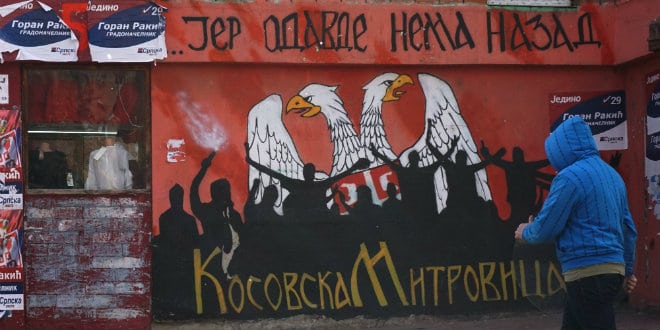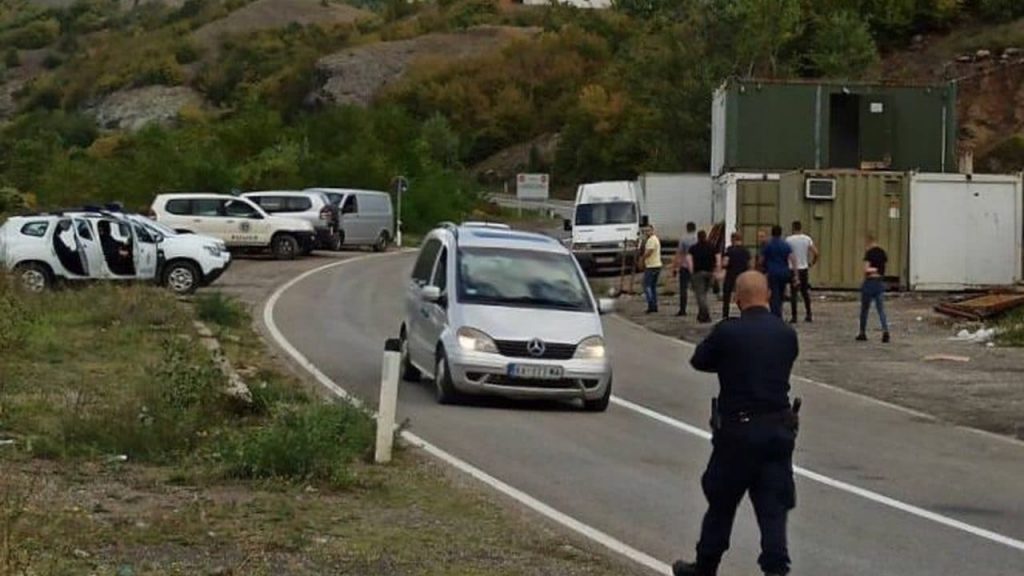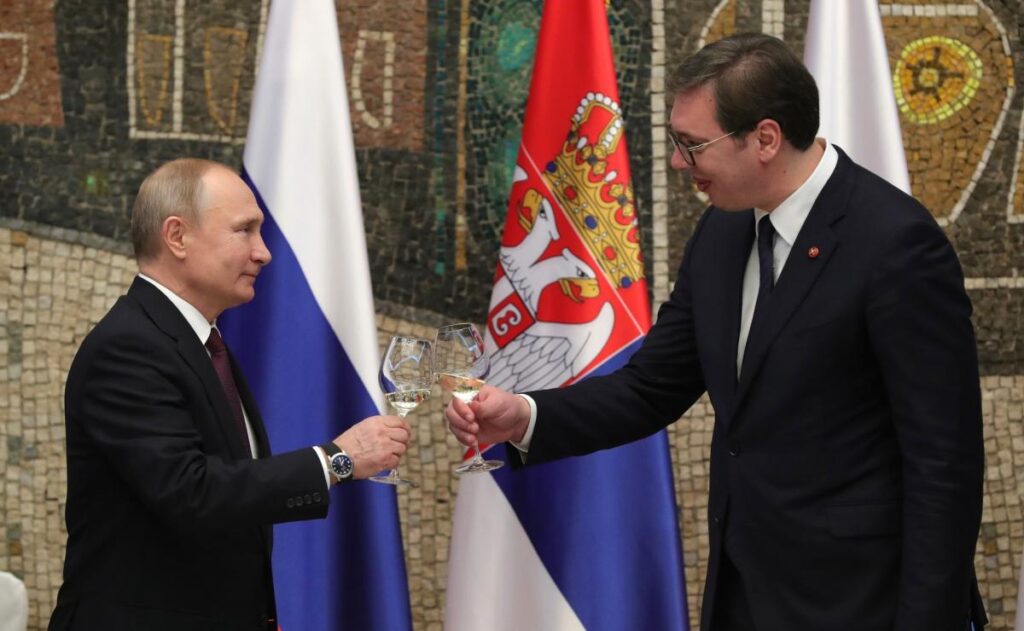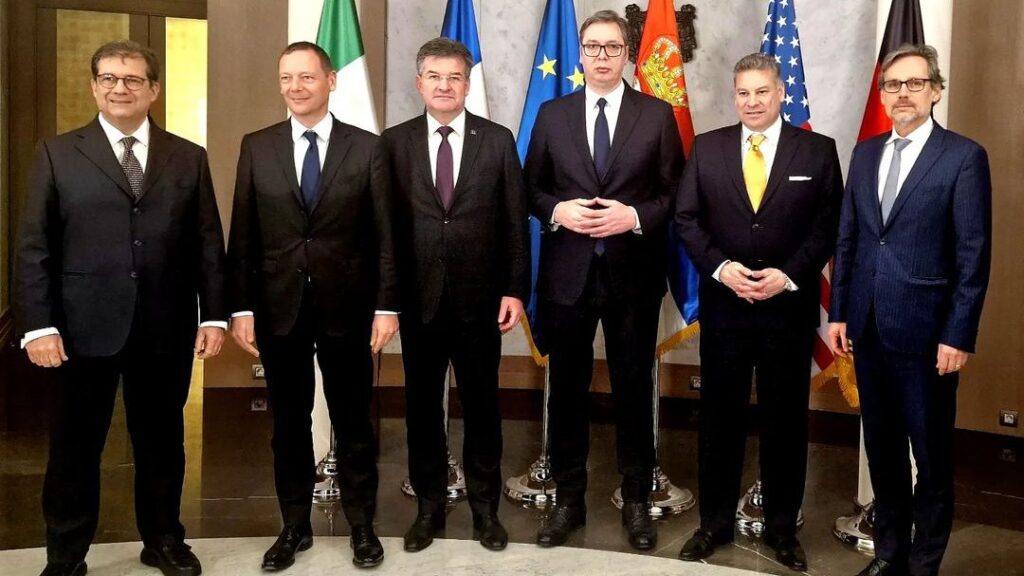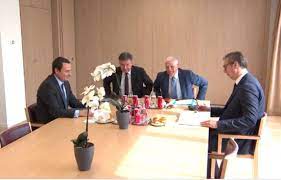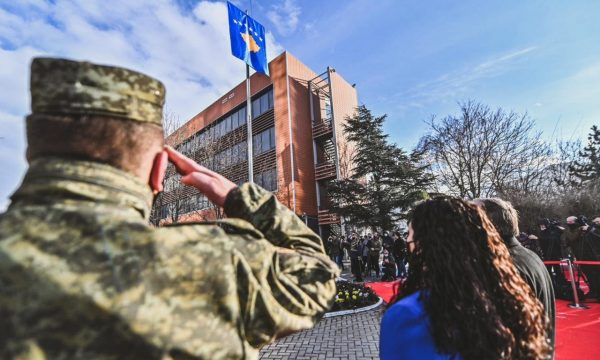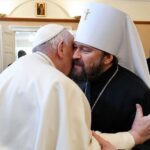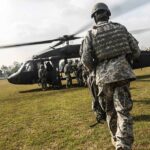Relations between Kosovo and Serbia have undergone a clear deterioration since 2021, following the election of Albin Kurti as prime minister of Kosovo.
Kurti came to power after a strong electoral campaign where he promised a more decisive approach in the negotiations with Serbia, reciprocity between the two countries (Serbia does not recognize the unilateral independence of Kosovo), the territorial integrity of the country even against an agreement signed by previous governments on the association of municipalities with a Serbian majority.
The measures taken by the Kurti government over the past two years to strengthen Kosovo’s statehood have mainly concerned identity documents and car number plates.
The actions of the Kosovar government triggered negative reactions from Serbs, culminating in early November in the mass resignations of Kosovar Serbs working in Kosovo’s political, judicial, and police institutions and the resignation of the mayors of the Kosovo Serb-majority municipalities located in the north.
The Kosovar government has thus decided to hold new local elections in December. Among the subsequent reactions from the Serbian community there were also violent episodes, such as armed attacks against officials of the Kosovo electoral commission visiting to prepare for the vote, assaults on Kosovar Albanian journalists, shooting at police patrols, molotov cocktails, etc.
Precisely to preserve an escalation of violence (in the meantime exploded with barricades and protests by the Serbian community) Western diplomacy has moved to push Kurti’s government to postpone the local elections to April.
The Serbian boycott of the elections resulted in the election of Albanian mayors from less than 4% of the population.
The situation in the North of Kosovo escalated on May 26 when the Government of Kosovo – without coordination with the international community – decided, accompanied by the police, to put the Albanian mayors in the municipal buildings of Zveçan, Zubin Potok and Leposavic.
On Monday, May 29, when the protesters were joined by gangs of hooligans from the North and some of them arriving from Serbia, protests broke out. Clashes erupted between the NATO forces (KFOR) present in Kosovo since the end of the war in 1999, who cordoned off between the special forces of Kosovo and the demonstrators.
The violence caused the injury of around 40 KFOR soldiers.
Since that day, there have been no more explosions, but the situation has not yet de-escalated.
The ultimatum to de-escalate directed to Kosovo’s government arrived from the US and EU emissaries. Pristina should have withdrawn special forces from the north and should start the process of the statute of autonomy for the municipalities with a Serbian majority and therefore the concrete initiation of the peace process with Serbia.
According to many analysts it is the last step before breaking the definition of the friendly relations between the young State and the West.
Kurti, along with others, insists that Kosovo be given equal consideration as Ukraine and that the Serbs be considered in the same way as Russian invaders. But it is forgotten that a NATO-EU military contingent is stationed on Kosovar territory which today reaches almost five thousand units and whose primary tasks are to maintain peace in the area and to prevent aggression by Serbia which continues to consider Kosovo as its province.
Albin Kurti’s strategy is clearly wrong and seriously aggravates one of the main problems of the Kosovar state, namely international isolation. If five member countries of the Union still refuse to recognize the State of Pristina (because of their internal problems) and the Serbian vetoes, supported by the Russian Federation, still keep it out of many international institutions, now Kurti risks being isolated even from the West which accuses him of having provoked the recent border incidents with the Serbian minority.
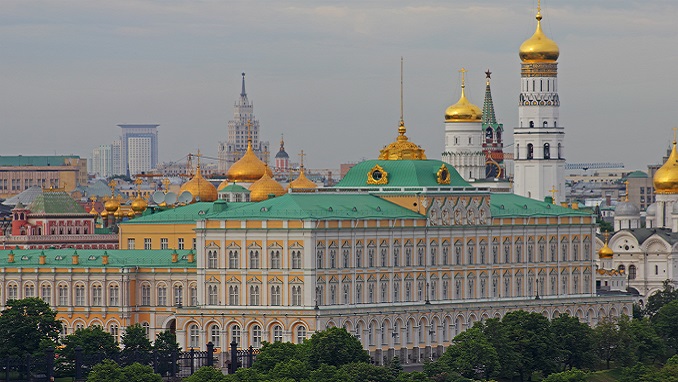
Read also: Russian influence in the Western Balkans
According to the commander of the KFOR mission, the Italian general Angelo Michele Ristuccia, “Our intervention was necessary to avoid a tragedy”. The military adds a strong call to Pristina to avoid further provocative actions and invites Serbs and Kosovars to finally take the path of agreement.
Kurti’s political strategy, clearly sovereign-style and mirror-aligned with Serbian nationalism, risks putting the Kosovar government in first place in the ranking of the protagonists of attempts to destabilize the Balkan area.
Another accusation comes from Vucic’s Serbian opposition in Belgrade. Tensions in Kosovo “only help Vucic” by revving up passions over territory that most Serbs view as part of their country, said Milomir Mandic, the general manager of Demostat for the New York Times.
The Kosovar premier is therefore doing everything wrong in the management of his foreign policy. Yet, despite the condemnations, warnings and threats that come from the alignment of the Western powers, Kurti continues to enjoy a broad consensus and not only in his own country.
It is therefore necessary to ask ourselves where this nationalistic and radical thrust of the Kosovar people comes from and if it has any justification.
Kosovo gained its independence after a war and ethnic cleansing from Serbs.
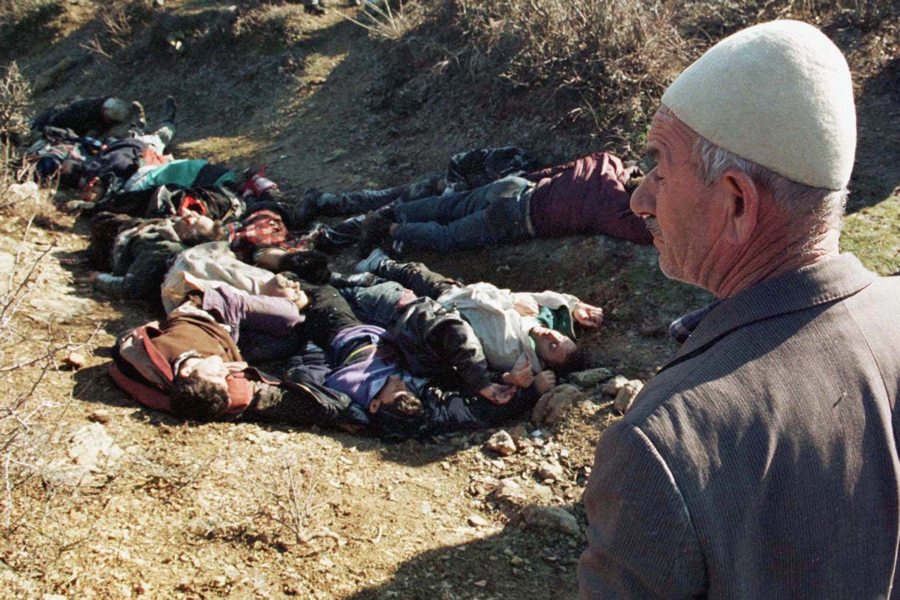
Read also: Can Kosovo sue Serbia for genocide?
Serbia – after the wars caused in the former Yugoslavia and the ethnic cleansing in Kosovo – was bombed by NATO and its president, Slobodan Milosevic, was arrested and tried in The Hague as a war criminal, although he died before his sentence.
Making all the regions populated by ethnic minorities independent states would mean dismantling the political geography of half of Europe and a large part of the world, erasing borders with which it was possible to put an end to bloody conflicts (including the post-Yugoslav one).
But immediately after the declaration of independence, the first Kosovar president, the former commander of the liberation army Hashim Tachi, warned of the problem of lack of identity, stating that the one that had just won independence could have been “a State without a nation”.
Over the years, Kosovars had been one of many ethnic minorities within Yugoslavia. And this belonging had certainly marked its identity system. For a long time, they had fought against Pan-Slavic homogenization by defending their own language and traditions and dreaming of reunification with their motherland (Albania).
But the direct contacts with their Albanian brothers and sisters have been disappointing on almost all fronts (from human relations to economic-commercial ones, up to cultural ones) and have then recently been worsened by the political differences that have emerged with Tirana, partly due to the not very warm relations between the Kosovar prime minister Albin Kurti and the Albanian prime minister Edi Rama, and partly because of the government of Tirana aligned on the pro-Atlantic positions and protagonist of the attempts at dialogue between the Balkan countries and Serbia.
The Kosovars are therefore people who feel orphaned, with the wounds still open after the killings, the dead, the disappeared from the Serbian ethnic cleansing and who are still unable to enjoy the positive effects of their independence.
The fact that Serbia is at a more advanced stage of the European integration process than Kosovo undermines trust in the allies and insinuates the suspicion of a Western preference towards the historic adversary.
In addition, the persistent pressure from Belgrade against its former province, which also concretely translates into its lack of full international recognition, feeds and confirms in the soul of the Kosovars the historical hostility towards the neighboring Slavs which dates back at least to the conflicts between them and the Ottoman Empire.
The Kosovars hate and fear the Serbs in a profound as well as irrational and do not trust to make pacts with them, convinced that these will only prove to their disadvantage.
These are largely irrational, although justified feelings, but deeply rooted in the soul of the Kosovar people.
Kurti feeds them with his provocative initiatives towards Belgrade and, now, also against Western governments and uses nationalism to maintain (and perhaps even increase) his popular consensus.
The same, on the other side of this conflict, is done by Serbian president Vucic who, as soon as he can, blows on the ashes of Chetnik nationalism to rekindle its flames.
Both, keeping the tension high, distance their respective landings from the European Union.
But the greatest damage is for Kosovo, which sees the process of building its own State (today largely administered by international organizations) towards effective independence and for the definition of its national identity frozen by these tensions.
It must also be considered that faced with the indefinite postponement of the peace process with Serbia, in order to guarantee stability in the area, NATO and the EU would be left with no other alternative than to place northern Kosovo under the military control of EULEX and NATO. This would profoundly undermine the sovereignty of the Pristina government.Kurti proposes to his people to replace a proactive national identity with radical nationalism and hatred against Serbs. But a nation cannot define itself negatively in relation to a foreign enemy. Hating Serbs is not enough to build one’s future.


